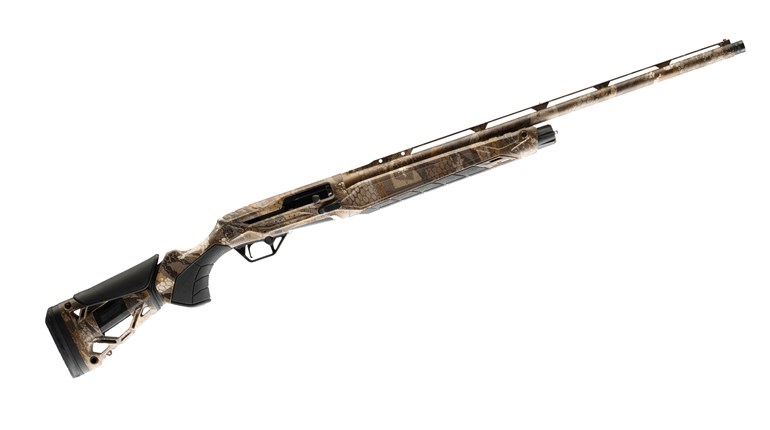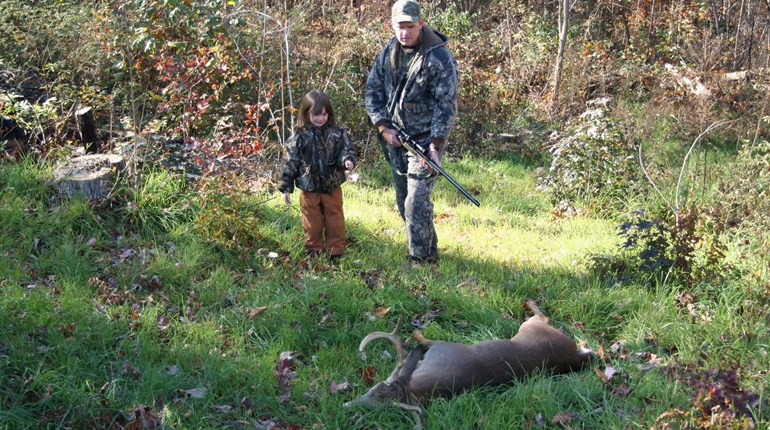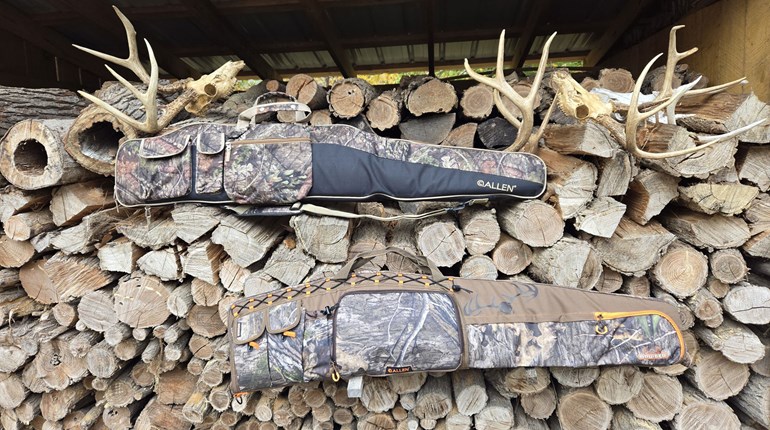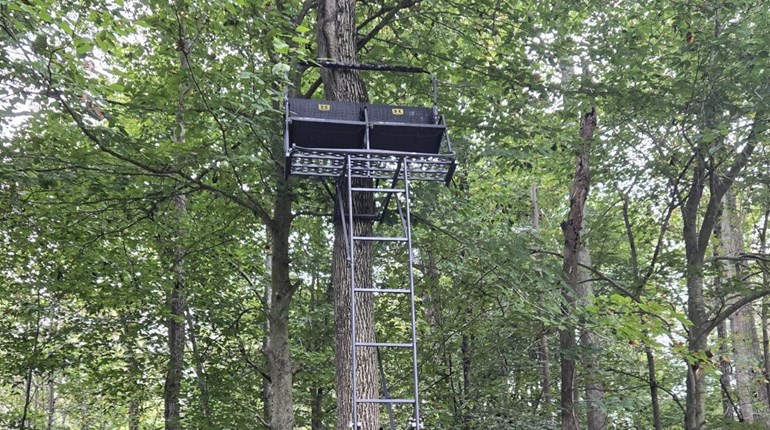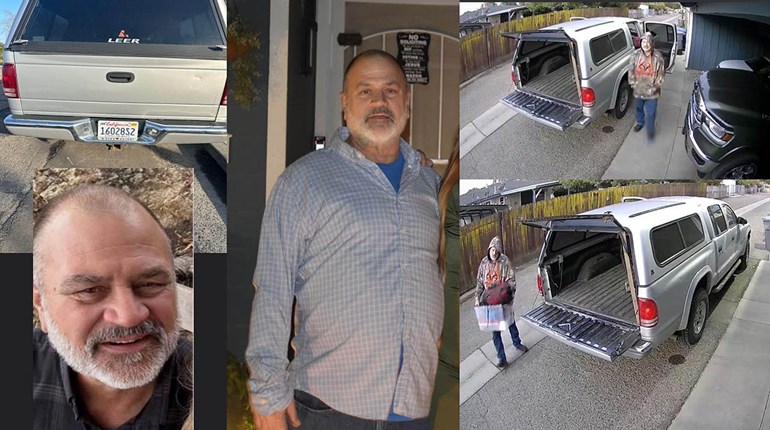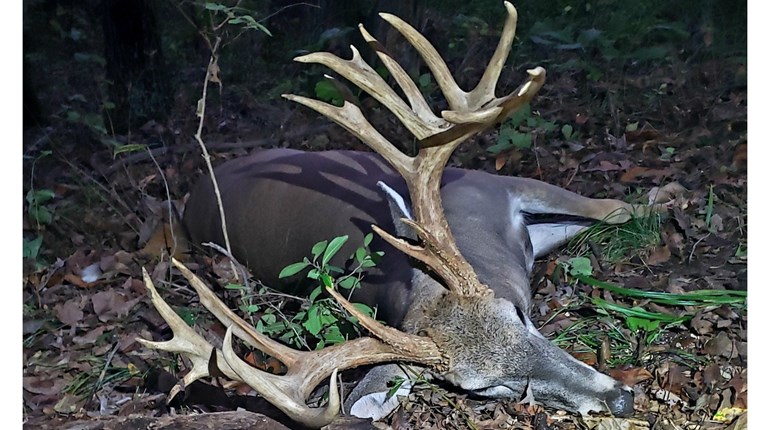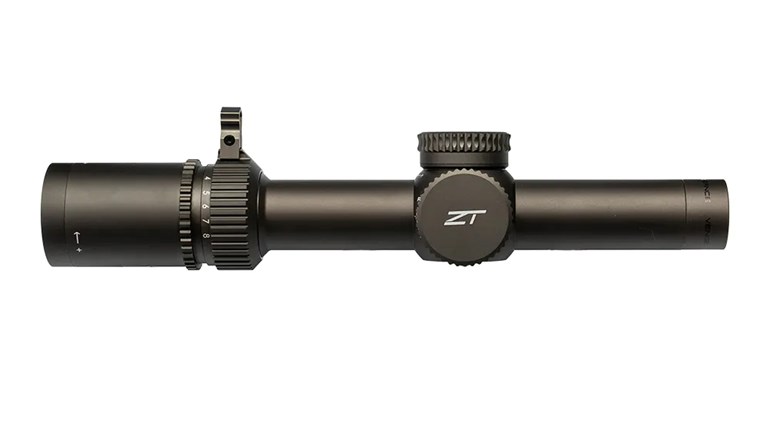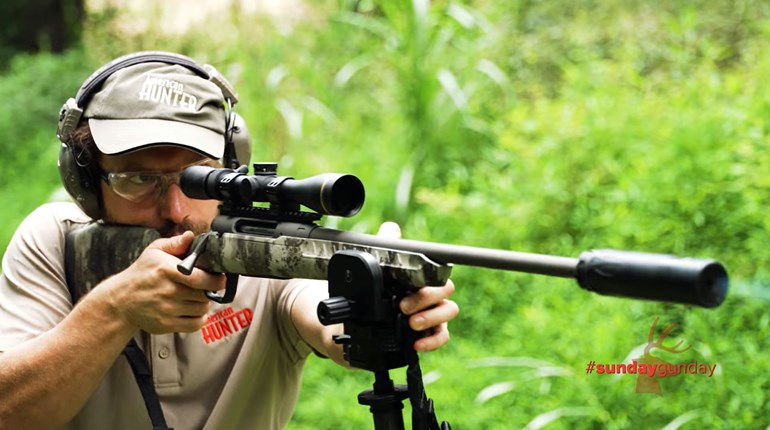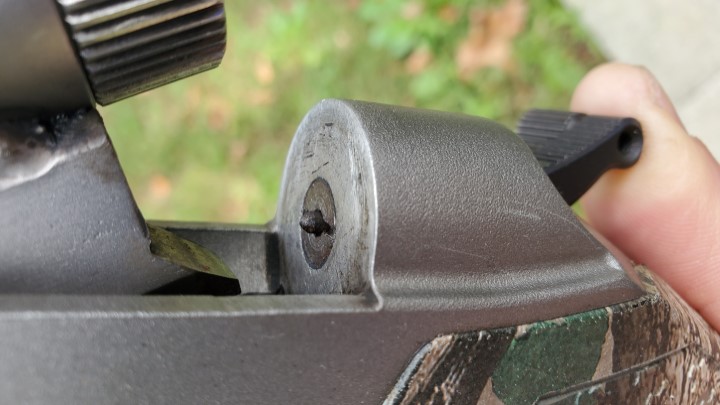
Fall is upon us with crisp mornings and frosty leaves. With the change to cooler weather, the hunting scene is changing to firearms seasons—and that includes muzzleloaders! Also known as smokepoles or thundersticks, they bring a mighty roar, a cloud of smoke … and the joy of waiting for said smoke to clear to see if you were able to put up this winter’s venison. However, a rushed shot or carelessness when using your muzzleloader might leave you very disappointed. Here are five mishaps you should take care to avoid.
1. Keep your powder and primers dry.
This is sage and historical advice that still holds true today. New blackpowder substitutes may be slightly less affected than regular blackpowder, but they still can absorb moisture from rain, mist, fog or simple humidity. This can result in the charge not going off—or result in a hangfire ,which usually means a miss as well.
If you’re using the type of preformed powder substitutes that often come in a case or a plastic tube, be sure the cap or lid is on tight. If the powder and its condition is even slightly suspect, it is advisable to purchase new. Why waste hours in the field waiting for the right shot only to not have the shot go off?
2. Keep your barrel and rifling clean.
This sounds like common sense, but so many people have learned the hard way that after shooting and sighting-in their rifle, that accuracy can start to deteriorate quickly. Modern muzzleloaders are amazingly accurate…until they aren’t. That’s almost always when they are not cared for properly.
Between each shot on the range, shooters need to run a “spit patch” or even a dry patch through the barrel to keep fouling down. Some veteran smokepole users talk about a slightly fouled barrel being a good thing for accuracy. That’s the sort of thing that is very dependent on the individual muzzleloader; your best bet will always be to keep it clean.
3. Keep the breech, plug and firing pin clean too.
I had a really nice buck get away from me one time because my breech plug was excessively fouled, and the spark from the primer did not travel through to the powder charge. Clean those plugs and be sure that the liquid cleaner or water dries completely before you reinstall them!
Another nice buck walked off because my rifle failed to fire. I had a modern break-action rifle that I later determined had a slightly fouled and rusted firing pin. I have since learned to make sure the gun is unloaded, break the action open, hold the trigger down and then push forward on the hammer to ensure the firing pin easily pushes through the rear of the gun and is visibly going to hit the primer. An easy check like this saves the day. This is particularly smart to do after you have shot your rifle a time or two, when it has been humid or rainy out, or if the gun is starting to get a bit dirty or has sat for a while.
Last, another buck got away after waltzing up to me as I stood over a doe I had just shot. I tried to reload, but I could not close the action on the rifle because of fouling on the face of the breech plug and receiver. It would almost close, but not enough to cock the hammer. I struggled with the rifle while the buck ambled away. Clean the face of the receiver that contacts the breech plug face and save yourself some sanity and meat!
4. Use the same loads you sighted-in with all the time.
This sounds simple, but I find it amazing how cheap some people can be. If you sighted-in with a particular bullet, primer and powder, do not go hunting with something else. Even changing the primer type or brand can potentially impact your bullet flight path. Definitely do not change the bullet or powder without checking it on the range before hunting!
5. Follow-through. No peeking.
Full disclosure requires me to tell you I am so guilty of this mistake that I have actually committed it more than a half dozen times. We all know when we fire a muzzleloader there is a lot of smoke. We expect it. However, we also want to see if we got our deer, elk or pronghorn too. Do not try to hurry up and see around the smoke. You may move prematurely and change your cheekweld before the bullet exits the barrel—and that will cause a miss. (I am gritting my teeth as I write this in memory of animals that should have been in my freezer that scampered away.)
The tough part is that sometimes we miss and we do not know why. With this mistake you might not realize you are moving your face off the rifle stock and looking early. You can tell if you’ve done it by going to test it on the range—if it’s dead on, and you only miss on animals you are hunting, lack of follow-through is probably the problem. Why? Because you are excited to see if you got meat! On the range there is no hurry and no meat to look for. Make yourself stay on the stock, look through the sights and wait for the smoke to clear to see if you hit the target.
Now that muzzleloader season is upon us, make sure you go over this list and make a point to avoid these costly mistakes. After all, when the thunderstick goes off, everyone expects to help you drag some free-range meat back to the truck, right?













